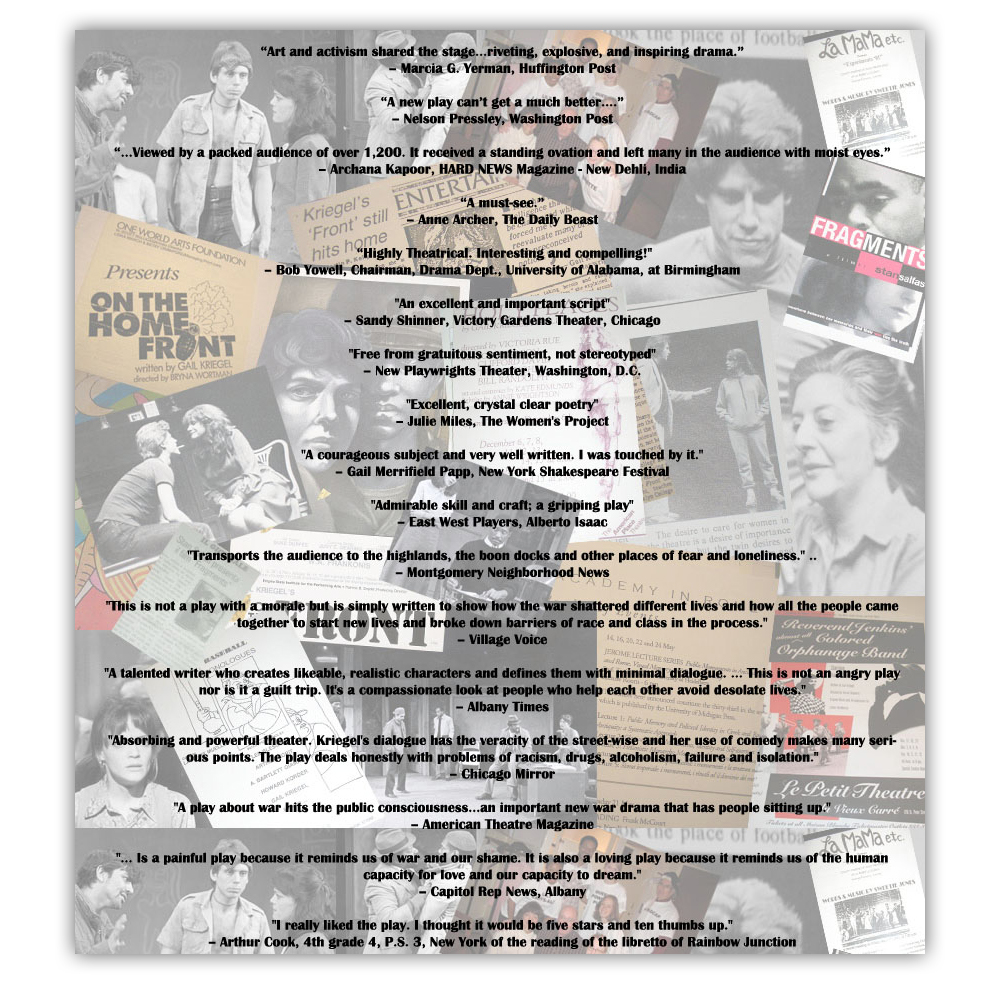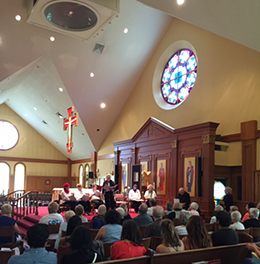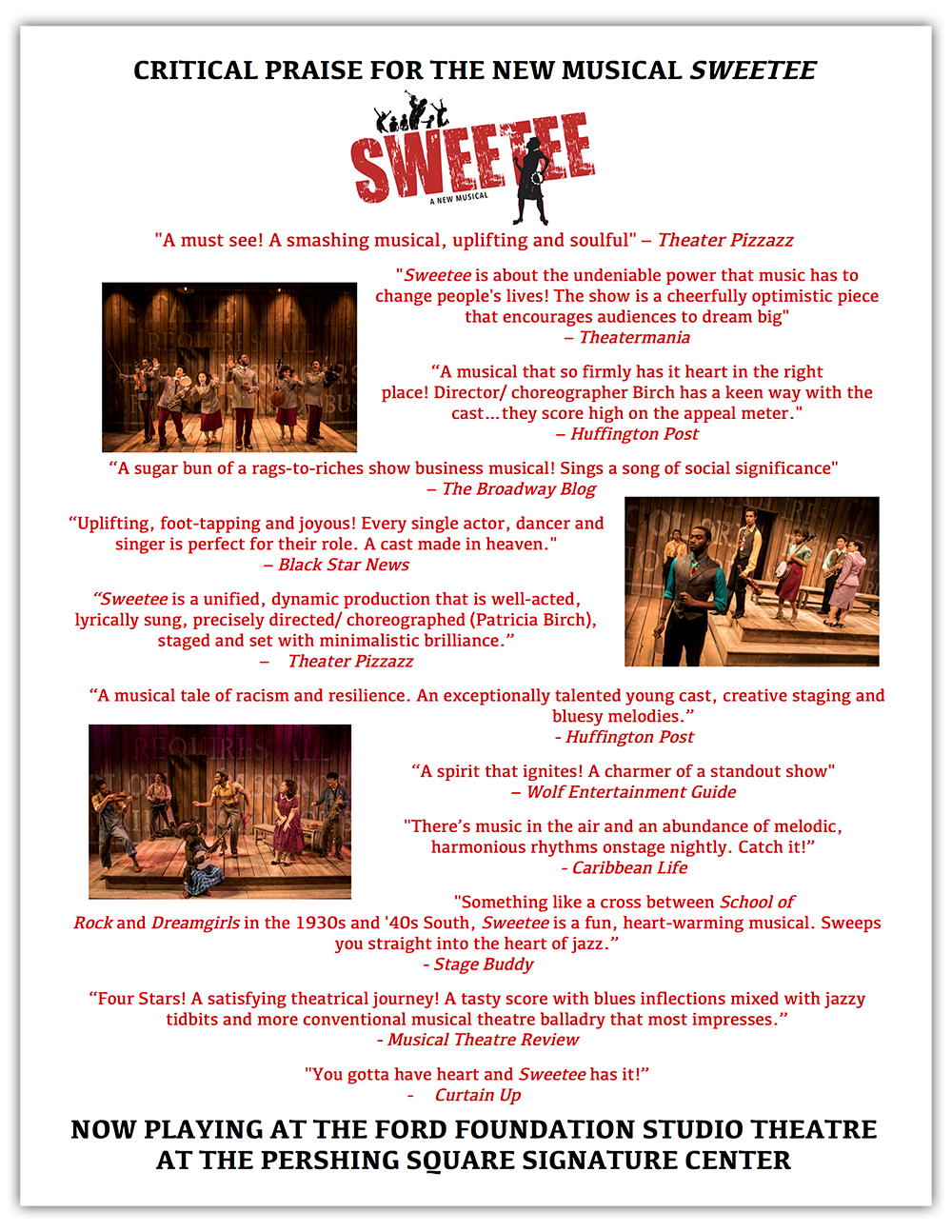
7, Spirit, and Community – Long Island | by pcizmar
at the Museum of Contemporary Art in Croatia
Frequently SEVEN is performed in large venues, or involves professional theatre artists or politicians or media personalities. And those are wonderful experiences and very exciting for all! But often, the play is done in less celebrated places--as a benefit to service organizations, or performed by community people who want to be involved, or as a way to start an important conversation about issues. These performances are very precious to us. The following wonderful article about SEVEN playwright Gail Kriegel's experience with the play on Long Island is a lovely testament to the power of theatre, the power of the human spirit, the power of telling stories, and the power of taking an action as the women of the play have done..
7 in Long Island by Gail Kriegel
Every summer of my childhood, my family would pack up our city apartment and move out to Southold where my mother's sister and her family lived. My uncle was a famous fisherman (and former rum runner) and, with my aunt, opened a fishing station and restaurant in which my parents helped out each summer while the six children— my three cousins, my two brothers and I—were (minimally) looked after. And as an adult with my own family now, we still love coming to the North Fork each summer.
Unlike the South Fork on eastern Long Island, better known as the Hamptons, the North Fork is made up of little towns once populated exclusively by fishermen and potato farmers. It's grown somewhat sophisticated as some of the potato farms have been turned into wineries, but it's actually classified by New York State as 'culturally deprived.' Which is why the Programming Committee of the North Fork Reformed Synagogue, which shares a space with the North Fork Presbyterian Church in Cutchogue, wanted to bring a cultural program to the area.
I suggested they get together and read SEVEN. After they did, they wanted to "put it on" for the Synagogue which numbered about 25 active members, and I happily agreed to help put it together and direct it.
We had one audition. Eight women came: Seven women for the seven women of seven and the eigth to read stage directions. The whole process took a half hour! We rehearsed six evenings from 6-9. Everyone was prompt, willing, and loved the play.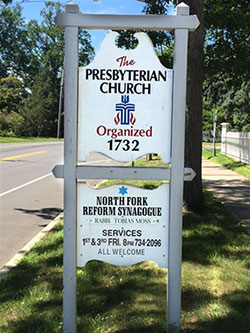
On July 26, 2015, we presented the free reading of SEVEN at the Recreation Center in the nearby town of Peconic. Twenty-five chairs were set out, but we had to keep unfolding more and more chairs until all 80 of them were taken, while 25 more people stood in the back and about the same number had to be turned away.
In March of 2016, Margo Lowry, the head of Programming at the Synagogue, asked if I would direct SEVEN again but this time to do a Tikkun Olam, “a repair of the world” by performing it to benefit two local, worthy organizations: Community Action Southold Town, which deals with the underserved in the area, and the North Fork Apostolate Church in Riverhead, which is run by Sister Margaret. An 85-year-old nun known around the world for her good works in helping immigrants, combatting illiteracy, and fighting for women's rights, Sister Margaret is the best storyteller I've ever met and terrifically funny. She actually sat next to Michelle Obama at President Obama's inauguration.
To make the project more interesting for myself, I added two more roles to play the other voices in the script. Since I'd assumed I'd be able to use the same seven actors I used last time, I figured it wouldn't be too much time off from my own work. But it was a year later and most of the previous actors were no longer available.
Over three auditions, we found Hafsat, Anabella, Sochua and two new high school graduates to do the Other Voices. Two days later we lost them. This characterized the process throughout. We went through a whole assortment of unlikely actors who had to drop out because of high blood pressure, allergies, overtime, headaches, car trouble, spouse trouble, one who “just kept forgetting to show up,” or because it was “too hot.” Well, the heat wave had turned the North Fork into Dallas and in all of our borrowed rehearsal spaces—a room in the in library, a rec hall, the basement of the Synagogue/Church—there was no air conditioning. Finally we had a full cast— 2 days, or 6 hours of rehearsal, before the performance!
Peconic Landing is a magnificent Senior Residence on Long Island Sound. In return for donating their air conditioned theatre, we agreed to give an afternoon free presentation for their residents. They turned out to be quite a tough audience.
About 25 people showed up on scooters, walkers, and wheelchairs. And although we had wrangled a sound person who equipped the actors with body mics, there was loud feedback from peoples' hearing aids, bells going off for medical alerts, and serious snoring! The show ran 10 minutes longer than it was supposed to. Naturally, the actors thought they were the problem-- which I took advantage of, to convince them that our evening paying audience would demand more from them.
But no doubt, the very lively and responsive audience of all ages, including teenagers and young couples, who attended that night, motivated the actors.
Over 100 people came and among them were some of the people who CAST helps. Seated together, they responded to the material as if they were in a call and response church service. Afterward, much of the audience stayed to ask questions about the process, the women of SEVEN, the experience of the actors, and what organizations they could join to “do something” about the issues. People stayed on even after that talking to each other and more than $2000.00 was raised for Community Action Southold Town.
The next day we were due to perform at Sister Margaret's North Fork Apostolate Church, which is really a big, run-down Community Center attached to the St. John the Evangelist Roman Catholic Church. We were scheduled to perform in the cafeteria of the Community Center, a vast underground space with one tiny bathroom and many underground windows, which didn't open. There was no air conditioning and it was 102 degrees in the cafeteria when I got there early that morning to set up.
I thought it really would be too much to ask these actors, most of whom were over 60 to perform there, and Sister Margaret figured that, because her community knew there was no air conditioning in the cafeteria, they wouldn't come. So we went to the St. John’s to ask the priest if we could perform in the air-conditioned church. This was the same Father who said he wasn't going to recommend SEVEN to his parishioners because he knew it was “probably” about abortion. When we had told him there was nothing in it about abortion, he said he still didn't feel comfortable recommending it. But he took pity on us because of the sweltering heat and allowed us to use part of the grand and beautiful Church—the part of it right underneath the hanging Cross of Jesus Christ.
We had an audience of about 50 people, some on chairs, some in pews, and they were so quiet, I thought they had all fallen asleep. But when I moved up front to take some pictures, I saw that everyone—young and old—was sitting stock still, eyes glued to the pulpit, our stage; a deep silence throughout. And the actors, all of whom had never been on stage before, truly rose to the occasion of the grand church, and everything jelled.
Afterwards, everyone in the audience seemed to have the need to express how they felt about the actors, the play, and especially the issues. A group of young Mexican women and men who came because one of their friends worked with Sister Margaret could not stop thanking me. Each one of them reached out to take my hand and say “Thank you!” They were very moved by the play and expressed how wonderful it was to have this kind of theatre that not only was compelling but also addressed the problems they faced today. And even the priest said he loved it.
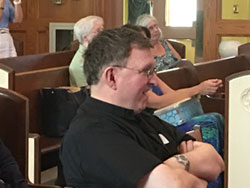
Then Sister Margaret took center stage. She said the women of SEVEN were talking about her life and that she was so taken by the play because they faced these same problems today in her work--including the illiterate people who must use their thumb prints. She asked me if we could bring a reading of SEVEN to the nuns she lived with. "We have a Social Justice committee and a Humanitarian Committee and I want them all to see this,” she said. “They need it!!"
I keep learning that theatre, like religion, is filled with spirits and angels appearing and disappearing as if there were a Great One who, good or bad, blessed it all. And as I sat there listening to the reading, it struck me that this grand and imposing church was the most fitting place for SEVEN as the passages of these heroic, remarkable seven women are as important, as powerful and beautiful as any sacred texts.
It was one of those magical moments in the theatre, and once again I felt the significance and power of SEVEN.
If you want to read this offline download the pdf here
SEVEN IN CROATIA | A staged Reading Performed on November 23, 2013
at the Museum of Contemporary Art in Croatia
Read about the Staged Reading of SEVEN in Croatia on November 23rd, 2013 and the interview of Gail Kriegel by downloading the pdf, click here.
